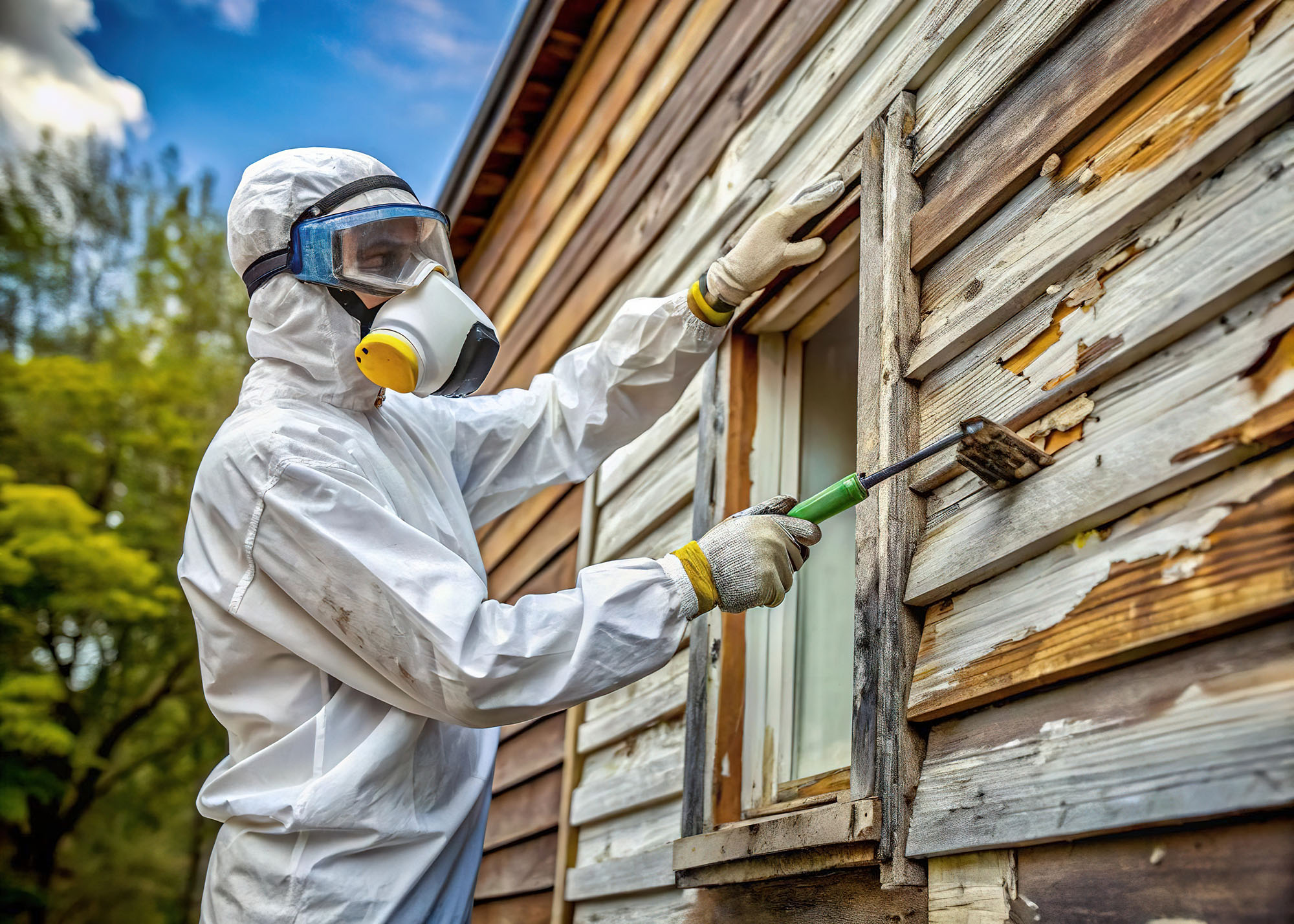Lead Poisoning and Prevention Awareness

Johnston County health officials join other state and local housing agencies to promote the prevention of lead poisoning.
"While it is entirely preventable, childhood lead poisoning remains a major environmental health problem in this county and the United States." "Children can be exposed to lead in many ways – from the toys they play with to the water they drink. Lead paint can also be found in homes built prior to 1978, so it is important to have your child tested for lead poisoning to reduce exposure to lead hazards."
Children are exposed to lead primarily through lead-based paint. Without proper precautions, disturbing the lead paint in homes allows dust to settle on toys, window sills and floors. Children can then easily swallow bits of dust and paint chips.
Children may also be exposed to lead through water from lead-soldered plumbing, vinyl mini-blinds made before 1997, home health remedies like azarcon and greta, imported candies, toys and costume jewelry.
Lead poisoning can affect nearly every system in the body and is especially detrimental to the brain. Lead poisoning often occurs with no obvious symptoms, and it frequently goes unrecognized. The only way to test for lead poisoning is to ask your health care provider for a blood lead screening.
All Medicaid and Healthy Choice enrolled children are required to have a blood lead test at 12 and 14 months of age. All children under six years old without a previous documented test should have at least one lead test.
Consider Lead testing for your child if any answers to the following questions are yes or unknown. Children living in low-risk zipcode areas need to be tested if the parent answers yes or unknown to any of the following risk assessment questions:
- Does your child live in or regularly visit a house built before 1950? This includes a day care center, preschool, or home of a babysitter or relative.
- Does your child live in or visit a house that has peeling, chipping, dusting or chalking paint?
- Does your child live in or visit a house built before 1978 with recent, ongoing, or planned renovation/remodeling?
- Does your child have a sibling or playmate who has or did have lead poisoning?
- Does your child frequently come in contact with an adult who has a hobby or works with lead? (i.e. construction, welding, pottery, painting, and casting ammunition).
For information about eliminating childhood lead poisoning or Lead Awareness Month activities in your area, call your local health department or the N.C. Childhood Lead Poisoning Prevention Hotline at 1-888-774-0071.
Additional information can be found online at the Children's Environmental Health website or the CDC Childhood Lead Poisoning Prevention Program website.



